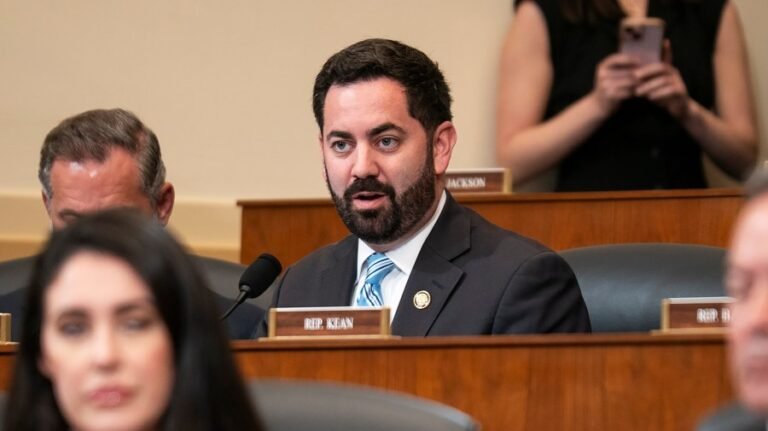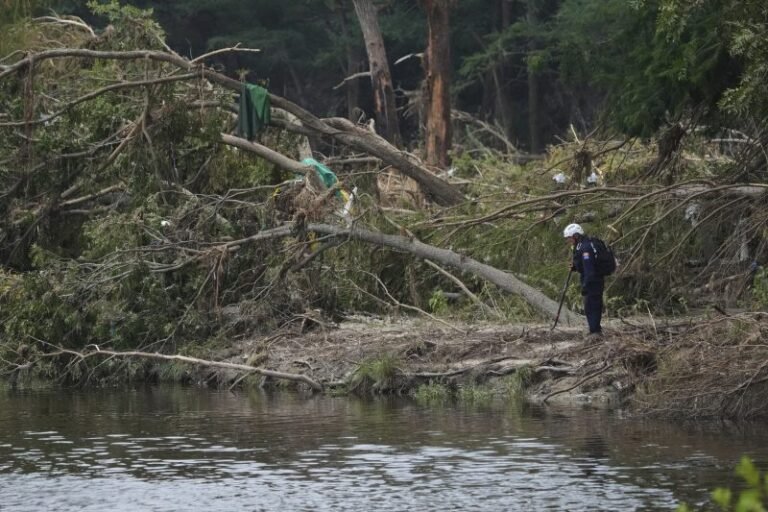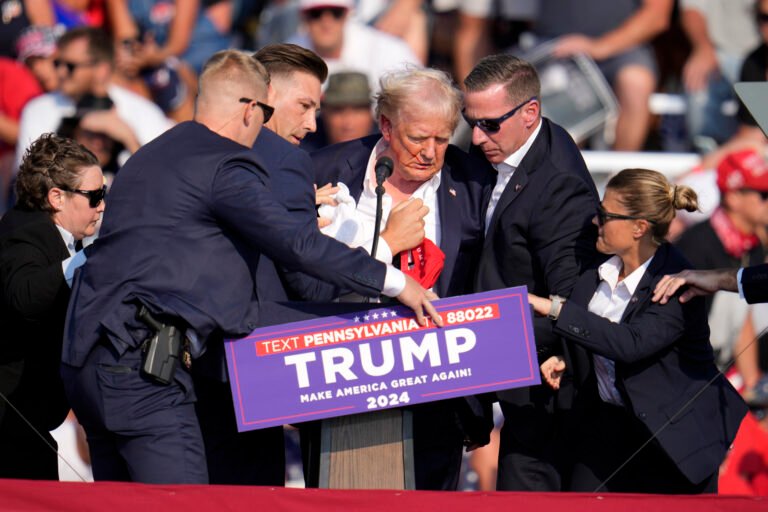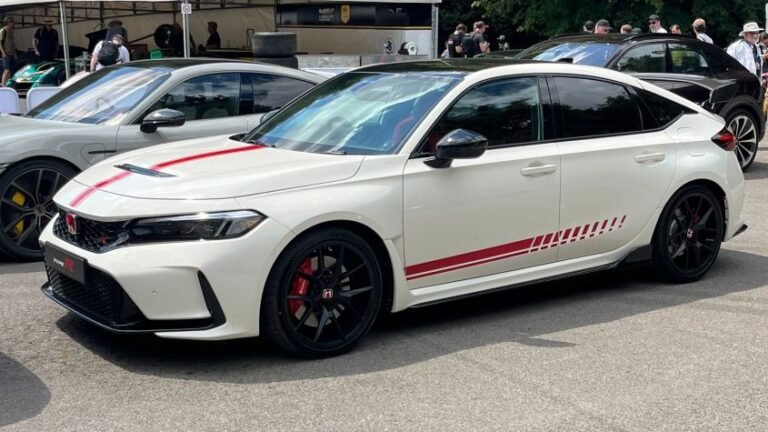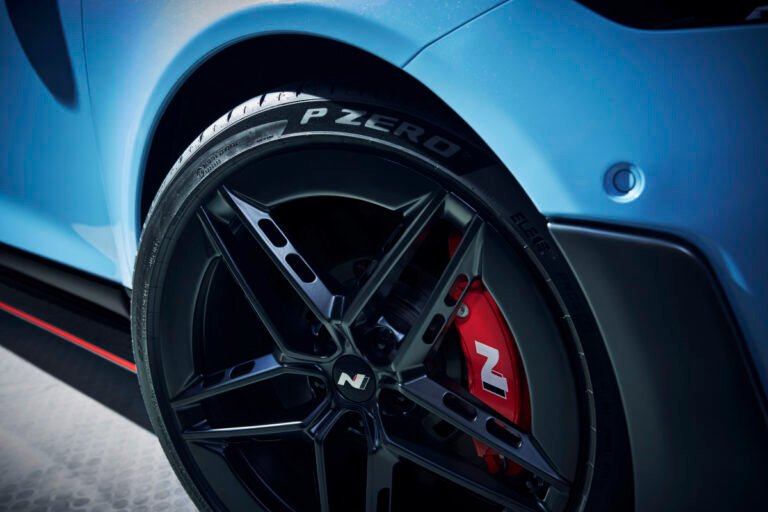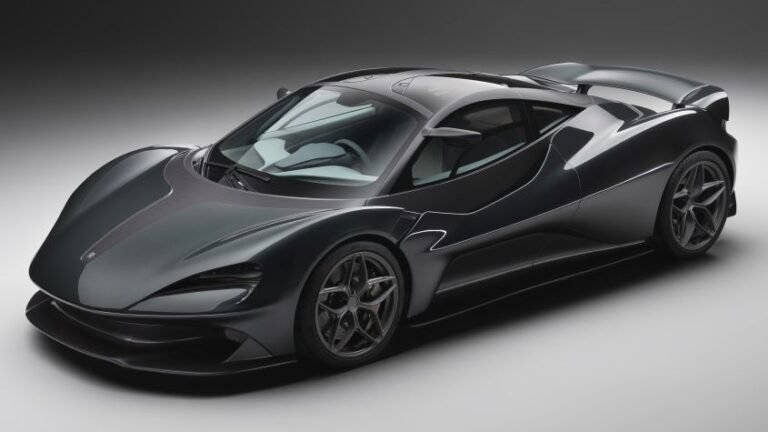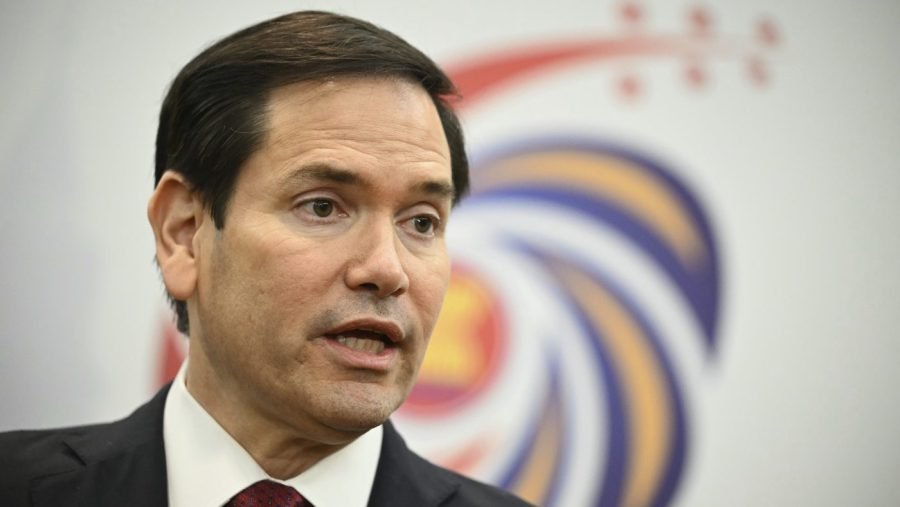
Secretary of State Marco Rubio on Friday met with his Chinese counterpart on the sidelines of a major Asian conference in Malaysia as President Trump’s tariffs roil U.S. partners in Asia.
Rubio described his conversation with Chinese Foreign Minister Wang Yi as “constructive and pragmatic” and emphasized the importance of keeping channels of communication open.
“They agreed to explore areas of potential cooperation, while seeking to manage differences,” State Department spokesperson Tammy Bruce said in a statement.
“The Secretary emphasized the need for continued discussion on a range of bilateral issues. The Secretary also raised other issues of regional and global importance.”
Rubio, who is also serving as Trump’s National Security Advisor, was attending the foreign ministers meeting of the Association for East Asian Nations (ASEAN) held in Kuala Lumpur. It is Rubio’s first trip to Asia as the administration aims to shift its focus on the region even as tariffs cause trouble for allies and rivals alike.
Trump has imposed a 30 percent tariff on China, a reduction from a short-lived policy of 145 percent tariffs on all imports from the country. Trump on Wednesday said he “has a very good relationship with [Chinese] President Xi,” when asked about concerns over Chinese purchases of farmland near American military installations.
“I’m not going to get into that right now,” he said.
Trump and Xi last spoke on June 5 and Trump said the one and a half hour conversation was focused entirely on trade. But Beijing has threatened to retaliate against countries which strike trade deals with the U.S. that exclude China from supply chains.
Rubio’s trip to Malaysia is meant to signal U.S. engagement with a region of China’s neighbors who are on the frontline of Beijing’s military and economic aggression but are worried over whether to trust U.S. commitments to the region.
While Japan is America’s closest ally in the region and has advocated for the U.S., Tokyo is under enormous pressure since Trump announced he would impose a 25 percent tariff on the country beginning Aug. 1.
Japan’s Prime Minister Shigeru Ishiba said earlier this week that the country needs to become “less dependent” on the U.S. following Trump’s proposal and his criticisms of Japan as “spoiled.” The U.S. imports almost $200 billion worth of goods from Japan.
South Korea and Malaysia face a 25 percent tariff; Indonesia a 32 percent tariff; Thailand a 36 percent tariff and Myanmar and Laos a 40 percent tariff.
